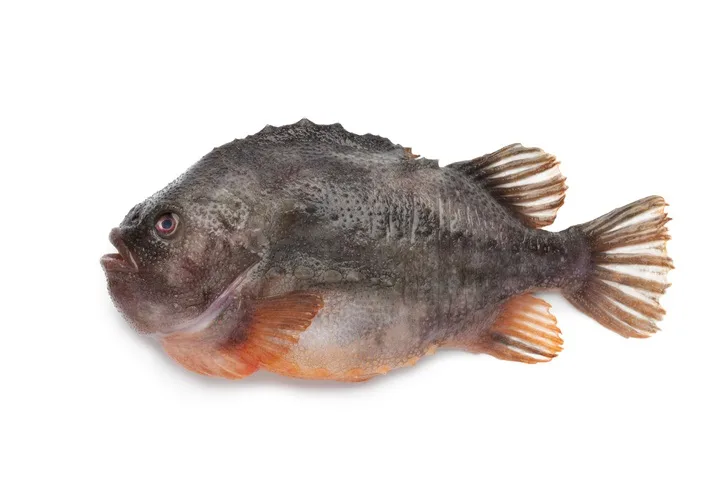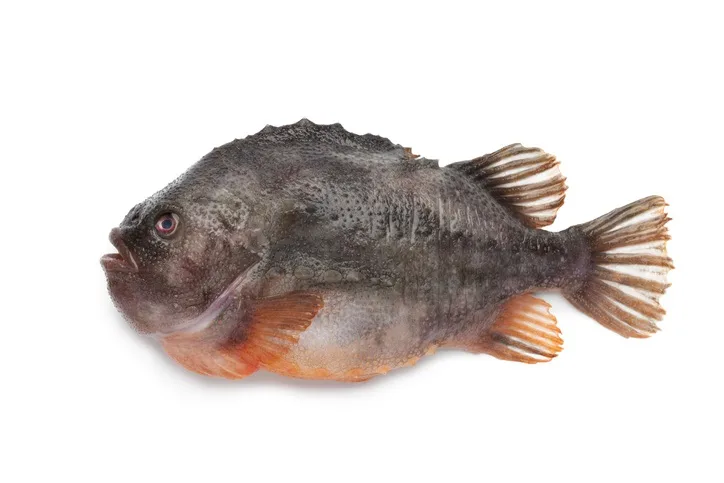
Aquaculture company reports 12,300 lumpfish deaths upon transfer to N.L. site

File photo: Getty Images.
Marine Harvest Atlantic Canada is reporting that higher than normal mortalities were observed among lumpfish being transported to a site called Steamers Head off the southern coast of Newfoundland on Tuesday.
"These were non-disease related mortalities that occurred at site during the transfer of the lumpfish. The abnormal mortalities were the result of rough sea conditions at the site immediately post transfer," the company said in a news release.
"Two other sites were supplied with lumpfish during the same supply trip without issue."
The company said approximately 12,300 lumpfish deaths occurred, which is about 19 per cent of the total 65,700 lumpfish transferred to the site.
Lumpfish are used by fish farm companies to eat sea lice off of farmed Atlantic salmon.
VIDEO: MORE BIZARRE SEA CREATURES
UPDATE TO PREVIOUS REPORT
Marine Harvest Atlantic Canada also reported a separate mass mortality event on May 24 in which lumpfish were being transported from New Brunswick to a company site in Little Bay.
The company initially reported that approximately 8,000 lumpfish had died onboard the transportation vessel from a total of 38,000 fish.
"This was an estimate determined within the timeframe allowed under the Government of Newfoundland and Labrador's AP-17 policy to report immediately to the publicly within 24 hours of the event," the company said in its Tuesday news release.
"Upon further retrieval and investigation, Marine Harvest Atlantic Canada advises that our review of the matter has identified a total of approximately 15,800 mortalities, which is 42 per cent of the lumpfish that were transported on the vessel."
The company said removal and disposal of all dead fish is conducted "per standard operating procedures."
"Marine Harvest Atlantic Canada has taken all responsible steps under the oversight of the Government of Newfoundland and Labrador's Department of Fisheries and Land Resources, and is following government policies in this matter."
This article was written for the CBC





